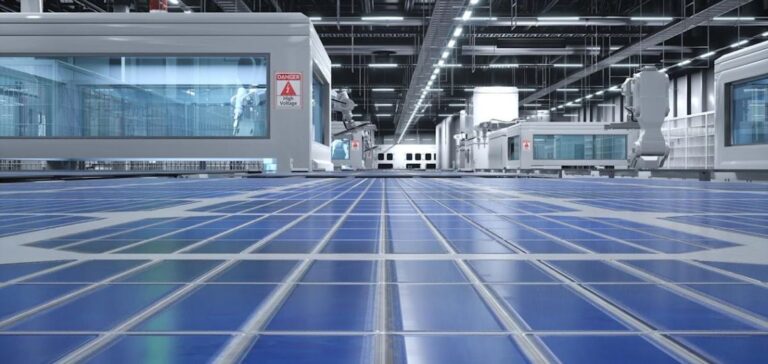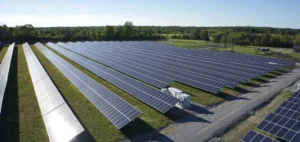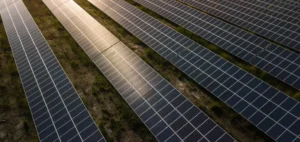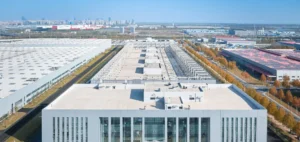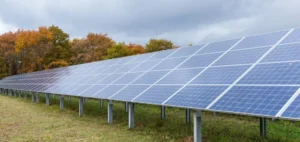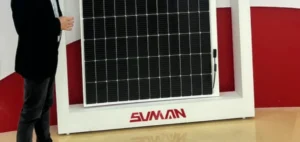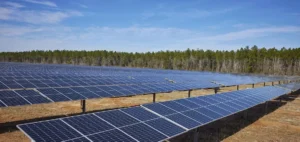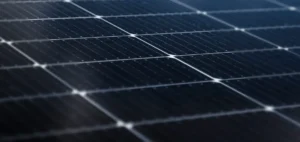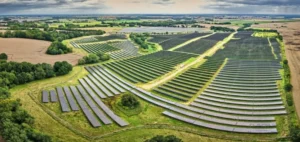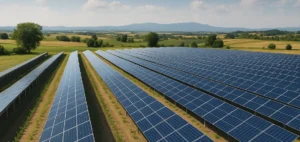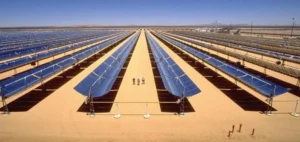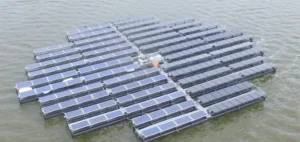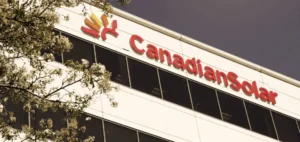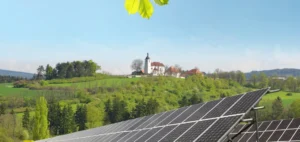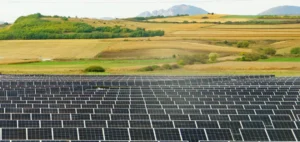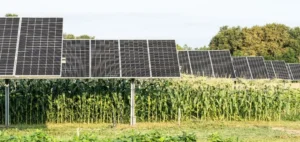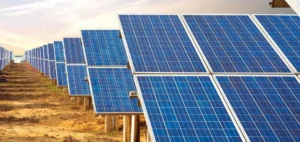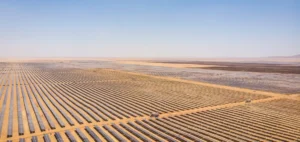Japanese group TOYO Co., Ltd, a company specialising in solar solutions, has announced a 2 gigawatt (GW) expansion project for its solar cell production capacity at its site in Hawassa, Ethiopia. This development directly follows the completion of the first construction phase, amid sustained global demand for its products.
Currently in the testing and commissioning phase, the initial 2GW facility is expected to begin commercial operations in early Q2 2025. The company plans to begin construction of the extension in April, with technical delivery scheduled for July and production launch anticipated in August. The total investment for this expansion phase is estimated at $47mn.
Existing infrastructure and execution speed
To support this development, TOYO is negotiating the lease of a 28,000 m² industrial building adjacent to its existing automated site in Hawassa. The use of infrastructure from the first phase is expected to significantly reduce the commissioning timeline for the second site, thereby optimising costs and logistical resources required for scaling operations.
TOYO Chairman and Chief Executive Officer Junsei Ryu noted that orders received globally even before the official launch of the first phase confirm the company’s strategic positioning. He also stated that the expansion aims to meet increased demand for high-efficiency solar cells.
Doubling capacity in the African market
With this expansion, TOYO will increase its total solar cell production capacity in Ethiopia to 4GW. This geographic move strengthens the group’s presence on the African continent while positioning the Hawassa site as a key regional hub in the global solar supply chain.
TOYO Co., Ltd is listed on Nasdaq under the symbol TOYO and on the OTC market as TOYWF. The Ethiopian project forms part of a medium-term industrial strategy to grow the company’s market share in the high-performance solar cell segment by diversifying its locations outside East Asia.


